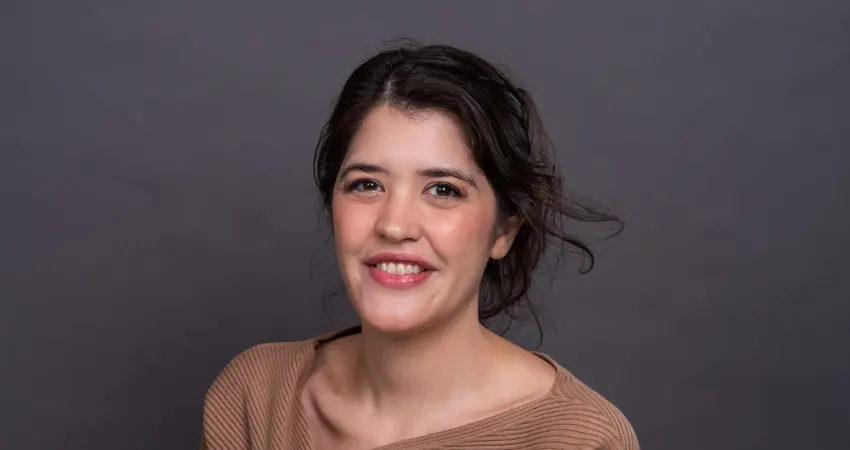18 Oct 2024
Professor Natalia Ares wins Philip Leverhulme Prize for her work on experimental quantum physics
Professor Ares is one of four Oxford academics awarded the prize, which recognises original and significant contributions from scholars whose future careers are exceptionally promising

Associate Professor Natalia Ares has been awarded a £100,000 Philip Leverhulme Prize for her work on experimental quantum physics.
Awarded by the Leverhulme Trust, Philip Leverhulme Prizes recognise the achievement of outstanding research scholars whose future career is exceptionally promising, and whose work has made original and significant contributions to knowledge as well as shown sustained international impact. Only 30 prizes are awarded throughout the UK each year.
The focus of Associate Professor Ares’ research is quantum technologies, in particular controlling nanoscale circuits to unlock their potential for new technological applications and uncover fundamental physical phenomena. Specifically, her group works with semiconductor quantum devices. Their work explores thermodynamics at the nanoscale level and develops machine learning based-approaches for the control and characterization of quantum circuits. Ultimately, this will inform the construction of quantum machines such as nanoscale engines and novel computing architectures.
She says, “Winning the Philip Leverhulme Prize is a great honour. It is a recognition of our group’s achievements and of its future potential. This prize will enable me to lay the foundations for bold new projects and enhance the capabilities of my laboratory.”
The other three Oxford winners are
- Professor Federica Genovese (Department of Politics and International Relations), who was awarded a prize for her work on the international politics and political economy of climate change.
- Associate Professor Miriam Klein-Flugge (Department of Experimental Psychology), whose prize recognises her work on experimental psychology, and cognitive and computational neuroscience.
- Professor Louise Slater (School of Geography and the Environment), whose prize was for her work on floods, droughts, and climate impacts.
See the full list of winners.




